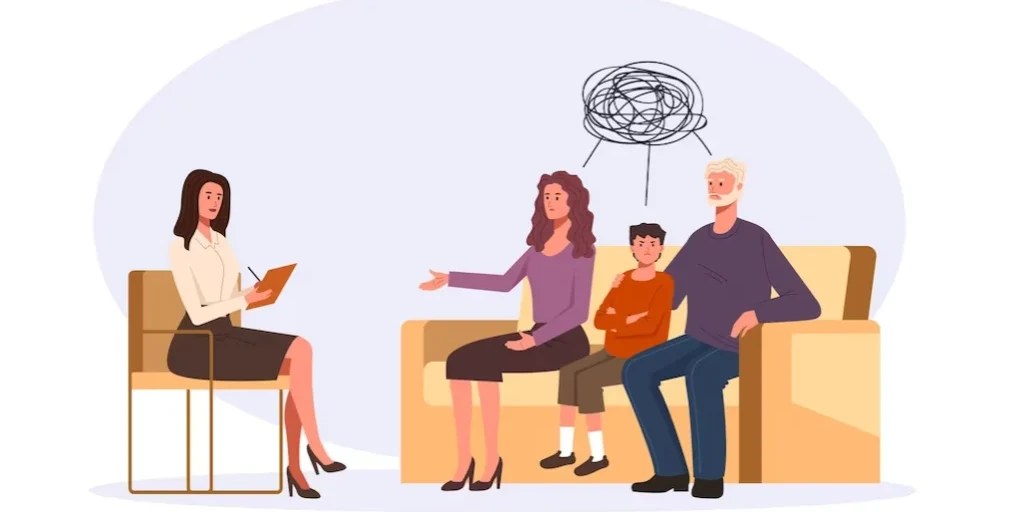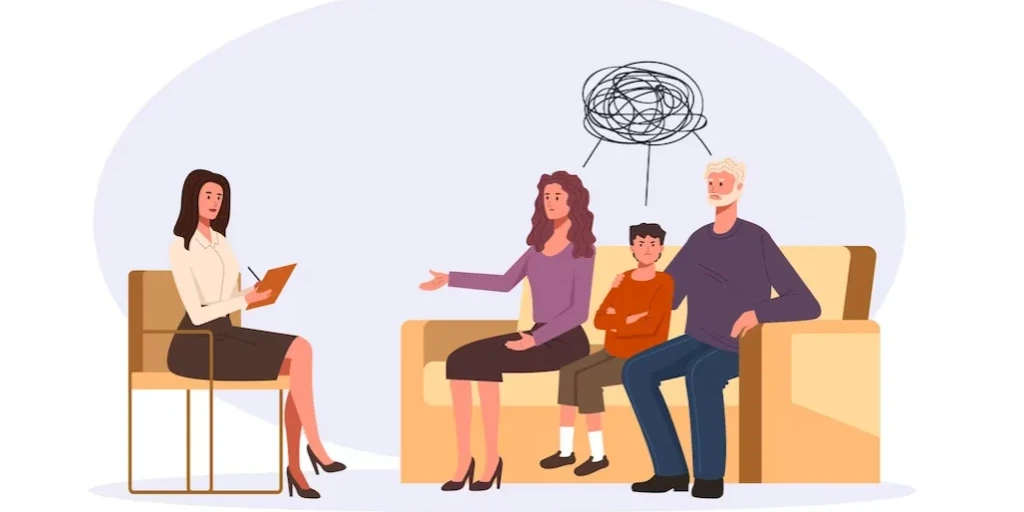24/7 Helpline:
(866) 899-221924/7 Helpline:
(866) 899-2219
Learn more about Amphetamine Detox centers in Castro County

Other Insurance Options

BlueShield

Multiplan

Lucent

Medical Mutual of Ohio

Regence

Molina Healthcare

Private insurance

State Farm

Sutter

Evernorth

Access to Recovery (ATR) Voucher

Optima

MVP Healthcare

UnitedHealth Group

CareSource

Sliding scale payment assistance

PHCS Network

Choice Care Network

MHNNet Behavioral Health

GEHA















Dimmitt – Outpatient
Dimmitt – Outpatient is a private rehab located in Dimmitt, Texas. Dimmitt – Outpatient specializes ...











